About
The Bacterial infections: antimicrobial therapies group is a senior group.
Infectious diseases constitute a tenacious and major public health problem all over the world. The emergence and increasing prevalence of bacterial strains that are resistant to available antibiotics demand the discovery of new therapeutic approaches.
Biofilms are bacterial communities that grow embedded within a protective matrix produced by themselves.
Chronic infections caused by bacteria growing in biofilms, are enormously complicated to treat. It increases their fitness and survival, thus complicating treatment and diagnosis because they persist despite the action of antibiotic therapies and adaptive immune responses.
Over 60% of all human infections are characterized by the formation of a biofilm, which is involved in a wide variety of pathological conditions by either growing over human tissues (Cystic Fibrosis, Chronic Obstructive Pulmonary Disease, chronic wound, etc.) or by developing on the surfaces of medical devices (e.g. endotracheal tubes, intravenous and urinary catheters, etc.).
Our lab aims to investigate new antimicrobial therapies and strategies to combat bacterial infections with different objectives:
- The use of nanomedicine techniques for the development of novel and specific nanoparticles to deliver existing antibiotics or new identify antimicrobial drugs, significantly when the bacteria are growing in biofilm, close to the physiological conditions of the disease and where the current chemotherapy fails;
- The identification and screening of new molecules for the highly selective inhibition of new antibacterial targets (e.g. ribonucleotide reductases);
- The use of nanomedicine techniques for the development of novel and specific nanoparticles to deliver existing antibiotics or new identify antimicrobial drugs, significantly when the bacteria are growing in biofilm, close to the physiological conditions of the disease and where the current chemotherapy fails;
- To study new methodologies to treat chronic bacterial infections in patients suffering cystic fibrosis;
- To develop a new family of antibacterial vaccines;
- The development of new strategies for bacterial coculture systems;
- To study and develop models for wound healing infections and the search of novel treatments;
- The use of lab-on-a-chip technology to deeply elucidate mechanisms to combat bacterial forming biofilm as well as new approaches to identify multiresistant bacteria to different antibiotics.
- To establish the molecular basis for the regulation of genes involved in DNA synthesis (ribonucleotide reductase genes), their importance in virulence and biofilm formation;
We believe these projects will be beneficial to society since we explore the use of different bioengineering approaches to elucidate ways to diagnose and eradicate multi-drug resistant bacteria.
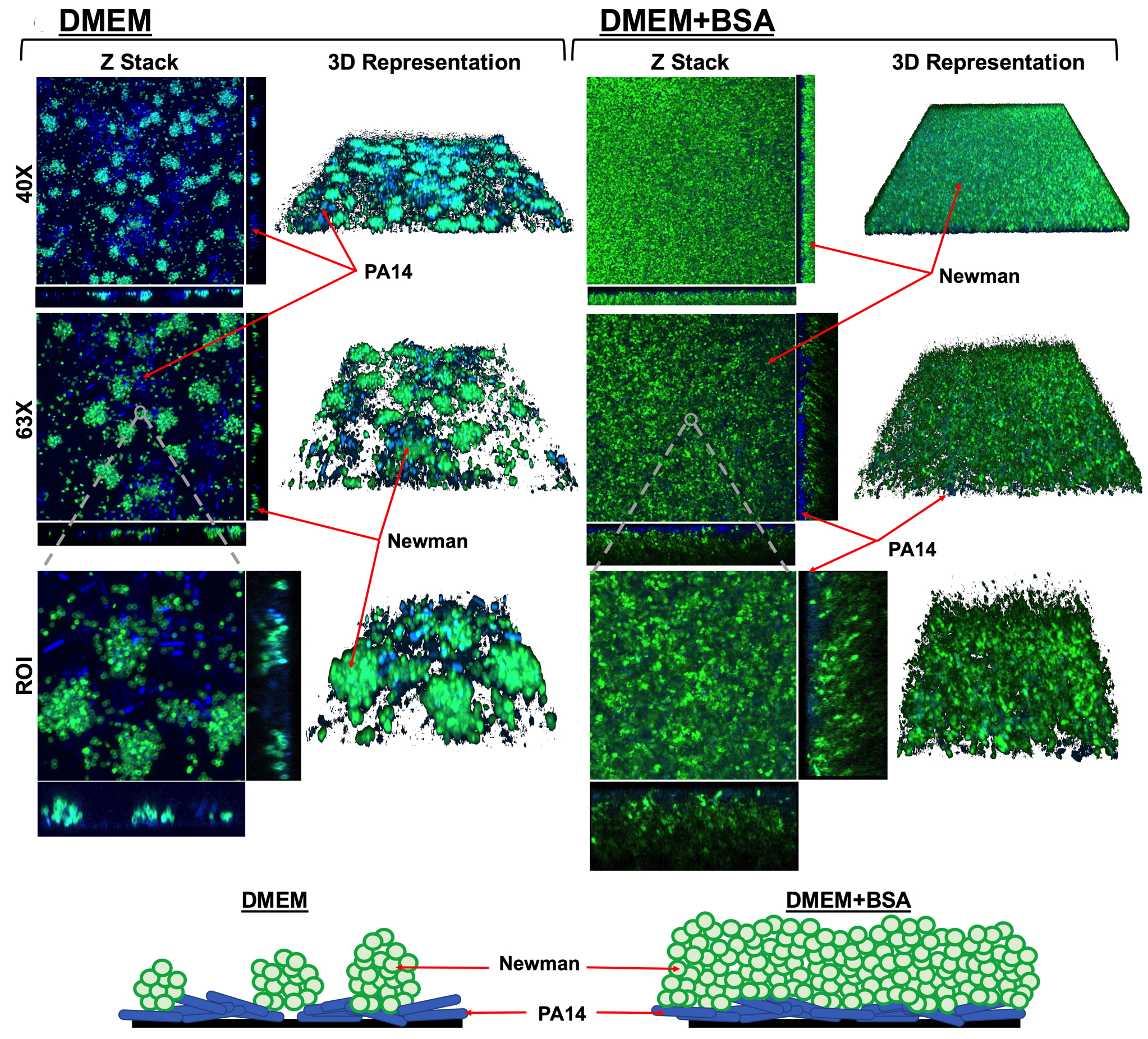
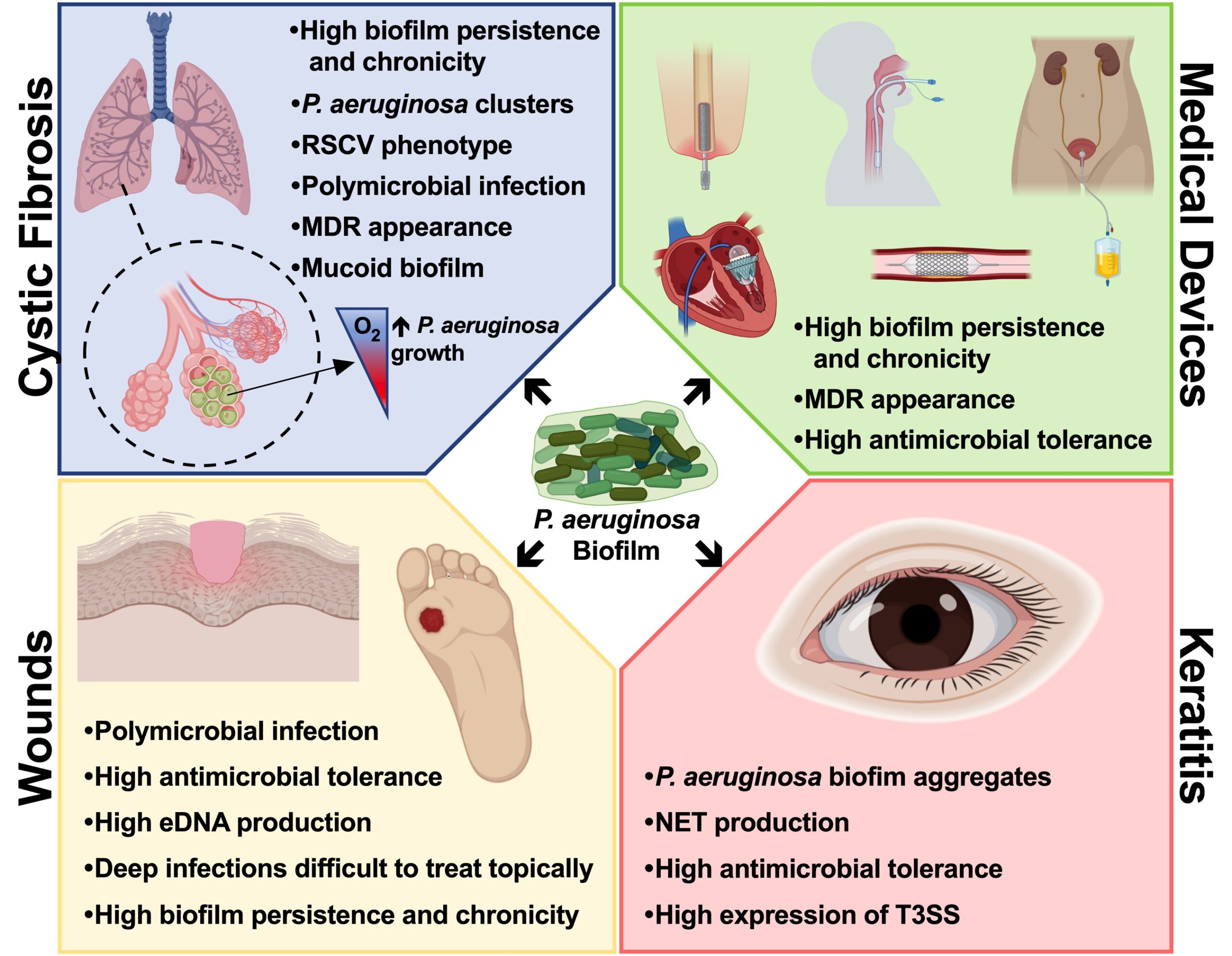
Related links:
Staff
Former Members
Maria del Mar Cendra | PhD Student
Projects
| NATIONAL PROJECTS | FINANCER | PI |
|---|---|---|
| InfectTreat · Understanding DNA metabolism and new insights in polymicrobial biofilms: development of more efficient therapies to tackle bacterial infections (2022 – 2025) | MICIU. Generación Conocimiento proyectos I+D | Eduard Torrents |
| DISnanoAMR · Desarrollo de nuevas estrategias para hacer frente a la resistencia antibiótica (2022 – 2025) | MICIU. Poryectos de I+D+i en líneas estratégicas | Eduard Torrents |
| IVD-Biofilm · Desarrollo de un nuevo dispositivo para el diagnóstico personalizado en infecciones relacionadas con biopelículas (2022 – 2024) | MICIU. Proyectos Pruebas de Concepto | Eduard Torrents |
| Acuerdo de colaboración ente el IBEC y la Asociación Catalana de Fibrosis Quística (2019 – 2024) | Asociación Catalana de Fibrosis Quística | Eduard Torrents |
| Las biopelículas polimicrobianas para el desarrollo de terapias más eficientes contra las infecciones bacterianas” (2021-2022) | Diputació de Barcelona | Eduard Torrents |
| combatRNR · Comprender la síntesis del ADN en patógenos bacterianos: nuevas estrategias para el tratamiento de enfermedades infecciosas (2019 – 2022) | MICIU. Retos investigación: Proyectos I+D | Eduard Torrents |
| BIOVAC · Artificial bacteria: a novel generation of bioinspired vaccines (2020 – 2023) | BIST. BIST Ignite Program | Eduard Torrents |
| Las biopelículas polimicrobianas para el desarrollo de terapias más eficientes contra las infecciones bacterianas” (2021-2022) | Diputació de Barcelona | Eduard Torrents |
| FINISHED PROJECTS | FINANCER | PI |
|---|---|---|
| Terapias alternativas para el tratamiento de las infecciones bacterianas crónicas en pacientes con fibrosis quística a (2019-2021) | Asociación Catalana de Fibrosis Quística | Eduard Torrents |
| Noves estratègies antimicrobianes per combatre la fibrosi quística (2016-2020) | Obra Social La Caixa | Eduard Torrents |
| BiofilmChip CaixaImpulse BiofilmChip (2018 – 2020) | Obra Social La Caixa | Eduard Torrents |
| Desarrollo de una nueva familia de compuestos antimicrobianos | Asociación Catalana de Fibrosis Quística | Eduard Torrents |
| Identificación y administración de nuevas moléculas antimicrobianas contra Pseudomonas aeruginosa creciendo en biofilm | Asociación Española Fibrosis Quística, Becas de Investigación “Pablo Motos” | Eduard Torrents |
| Novel strategies to combat bacterial chronic infections by the development of microfluidics platforms to analyse and treat bacterial growing in biofilms (2016) | Obra Social La Caixa | Eduard Torrents |
| Redes reguladoras de la expresión génica de las distintas ribonucleotidil reductasas en bacterias | MINECO, I+D-Investigación fundamental no orientada | Eduard Torrents |
| BACTSHOT Novel antimicrobial therapy (2016-2017) | EIT Health Head Start – Proof of Concept | Eduard Torrents |
| inhibitRNR Las ribonucleotido reductasas como una nueva diana terapéutica frente a patógenos bacterianos (2016-2018) | MINECO, Retos investigación: Proyectos I+D | Eduard Torrents |
| Ribonucleotide reductasas: una nueva diana terapéutica contra organismos patógenos en enfermos de fibrosis quística (2010-2017) | Asociación Española Fibrosis Quística, Becas de Investigación “Pablo Motos” | Eduard Torrents |
| RNRbiotic New strategy to combat bacterial infections (2015-2017) | Obra Social La Caixa, Caixaimpulse | Eduard Torrents |
Publications
(See full publication list in ORCID)
[br]
Equipment
- Zeiss LSM 800 Confocal Laser Scanning Microscope
- Nikon Inverted Fluorescent microscope ECLIPSE Ti-S/L100
- Cell culture facilities for microbial infections
- Characterization of nanoparticles/biomaterial antibacterial activity
- Drosophila melanogaster and Galleria mellonella as a model host for bacterial infections
- Continuous flow system model for bacterial biofilm development
- Single Channel Fiber-Optic Oxygen Meter with microsensor
- Molecular biology, biochemistry and protein purification facilities
- Bacterial expression systems for heterologous protein production
Collaborations
- Prof. Daniel Ruiz
Català de Nanociència i Nanotecnologia (ICN2), Barcelona, Spain - Prof. Bianca Sclavi
NRS Biologie Computationnelle et Quantitative. Sobornne Université. Paris. France - Dr. Esther Julián
Dept. de Genètica i de Microbiologia, Universitat Autònoma de Barcelona, Spain - Prof. Josep Samitier
IBEC - Prof. Santiago Vazquez
Laboratori de química farmacèutica, Pharmacy Faculty, Barcelona University - Prof. Gabriel Gomila
IBEC - Dr. Maarten Fauvart
IMEC, Leuven, Belgium
News
Desenvolupen tres molècules que milloren l’eficàcia i redueixen la toxicitat dels antibiòtics ja existents
Investigadors de l’IBEC han publicat a la revista Nature un estudi en el qual han dissenyat i desenvolupat un complex, format per tres molècules, que augmenta l’eficàcia i l’estabilitat, al … Read more
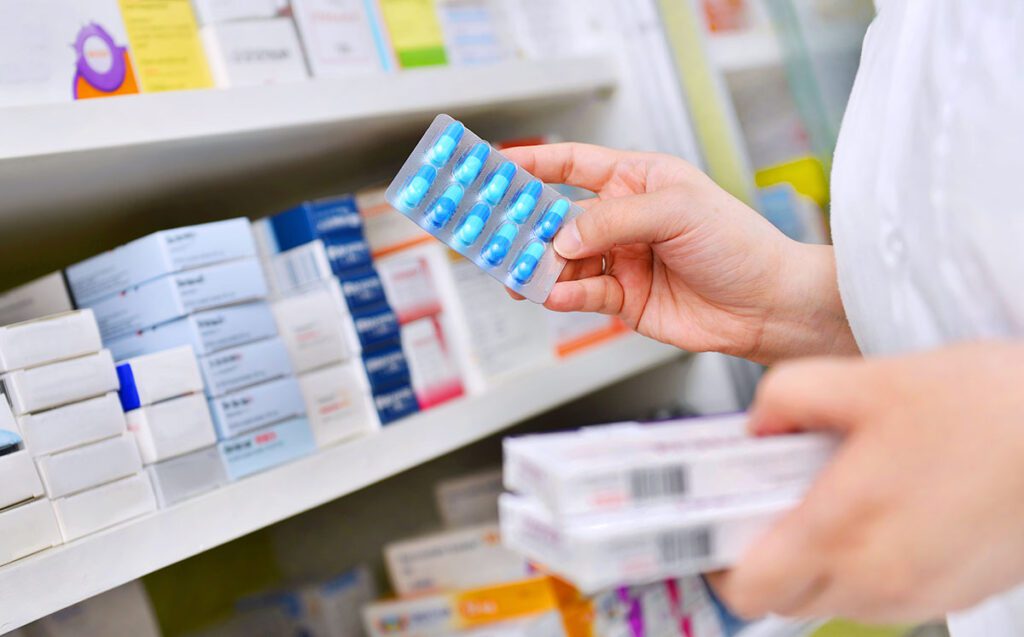
Investigadors de l’IBEC descobreixen com millorar els antibiòtics existents i desenvolupar nous tractaments antimicrobians
En un estudi dut a terme per investigadors de l’Institut de Bioenginyeria de Catalunya (IBEC), s’ha aconseguit millorar antibiòtics coneguts perquè siguin més eficaços en dosis molt més petites, la … Read more
Mini-intestins en 3D per estudiar infeccions bacterianes
Investigadores de l’IBEC han desenvolupat un model d’intestí humà en 3D que simula les característiques de la mucosa intestinal i els seus relleus. Aquests mini-intestins permetran estudiar el funcionament de l’intestí i la … Read more
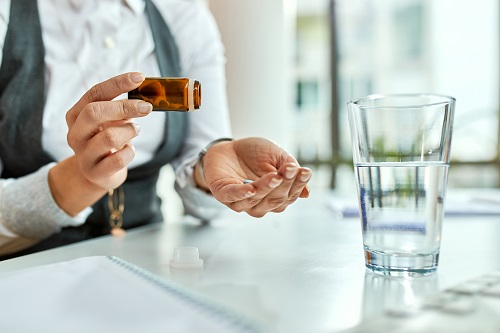
Trencant l’armadura protectora dels bacteris per superar la resistència als antibiòtics
Un nou agent antibiòtic de triple acció ha aconseguit travessar la matriu extracel·lular del biofilm –una estructura protectora construïda pels bacteris– i eliminar més del 50% dels patògens d’una sola … Read more
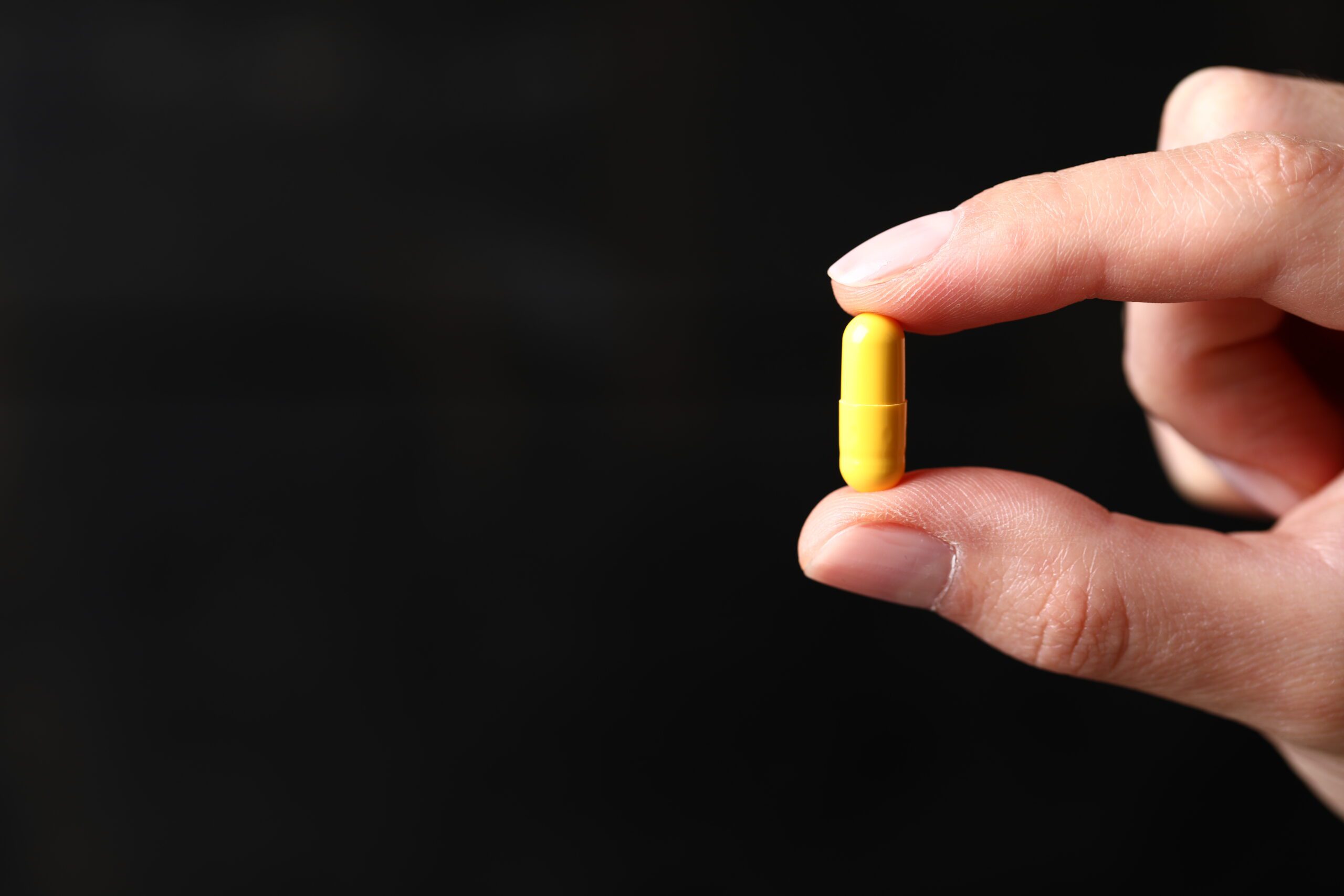
Investigadores aconsegueixen trencar l’escut dels bacteris que els fa resistents als antibiòtics
El grup liderat per Eduard Torrents ha aconseguit desenvolupar un antibiòtic de triple acció que trenca una estructura protectora que els propis bacteris produeixen, el biofilm. Utilitzant aquest nou antibiòtic … Read more
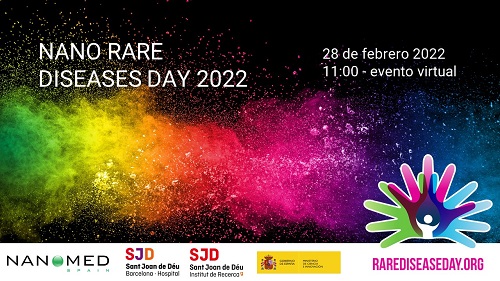
La nanomedicina busca solucions contra les malalties minoritàries
Tot i la seva transcendència a l’hora de lluitar contra pandèmies com la de la COVID-19, una cara menys coneguda de la nanomedicina és el seu potencial per contribuir a solucions a les anomenades malalties rares o minoritàries. Coincidint amb el 28 de febrer, el dia mundial de les malalties rares, experts convidats per la plataforma Nanomed Spain i l’Institut de Recerca Sant Joan de Déu (IRSJD) presenten els darrers avenços en nanomedicina contra tres d’aquestes malalties: la distròfia muscular, la fibrosi quística i la malaltia de Fabry.
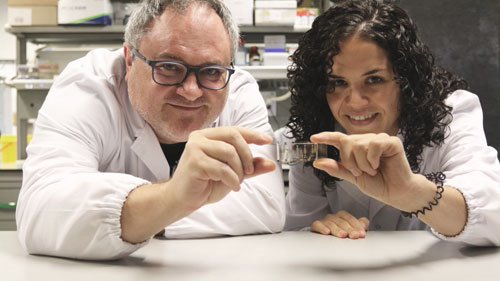
BiofilmChip protagonista al mitjans
Investigadors de l’Institut de Bioenginyeria de Catalunya (IBEC), liderats per Eduard Torrents, investigador principal del grup “Infeccions bacterianes i teràpies antimicrobianes” i professor de la Universitat de Barcelona (UB), en col·laboració amb Josep Samitier, investigador principal del grup “Nanobioingeniería” de l’IBEC, i Maite Martin, de l’Hospital Universitari Vall d’Hebron a Barcelona apareixen als mitjans pel nou dispositiu, denominat BiofilmChip, que permet un diagnòstic personalitzat i precís de les infeccions cròniques

Un xip contra les infeccions bacterianes cròniques
Investigadors de l’IBEC desenvolupen un dispositiu que permet créixer biofilms i analitzar la seva susceptibilitat enfront de diferents antibiòtics de manera senzilla i a partir de mostres de pacients. L’innovador BiofilmChip, un dispositiu de diagnòstic de fàcil utilització i baix cost, obre les portes a trobar tractaments efectius i personalitzats contra infeccions cròniques produïdes per biofilms. .
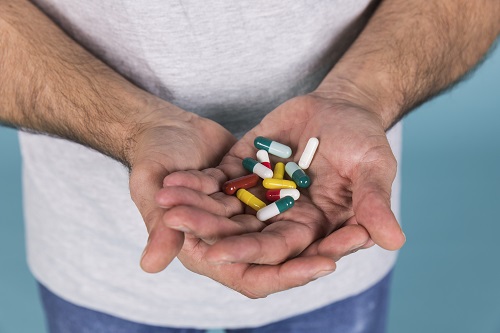
Biofilms de Pseudomonas aeruginosa i els seus còmplices en el crim
Una revisió exhaustiva dirigida per investigadors de l’IBEC del grup “Infeccions bacterianes: teràpies antimicrobianes” destaca la rellevància clínica del bacteri Pseudomonas aeruginosa i la seva presència en biofilms bacterians.

Una alternativa als ratolins per a assajos de toxicitat
Eduard Torrents i el seu equip presenten una alternativa a l’experimentació amb ratolins. La investigació planteja l’ús de larves de l’arna de la cera per avaluar la toxicitat de nanopartícules, que a més resulta més barat i ètic. Aquests insectes ens permeten modelitzar la seva possible nanotoxicitat en un organisme viu.

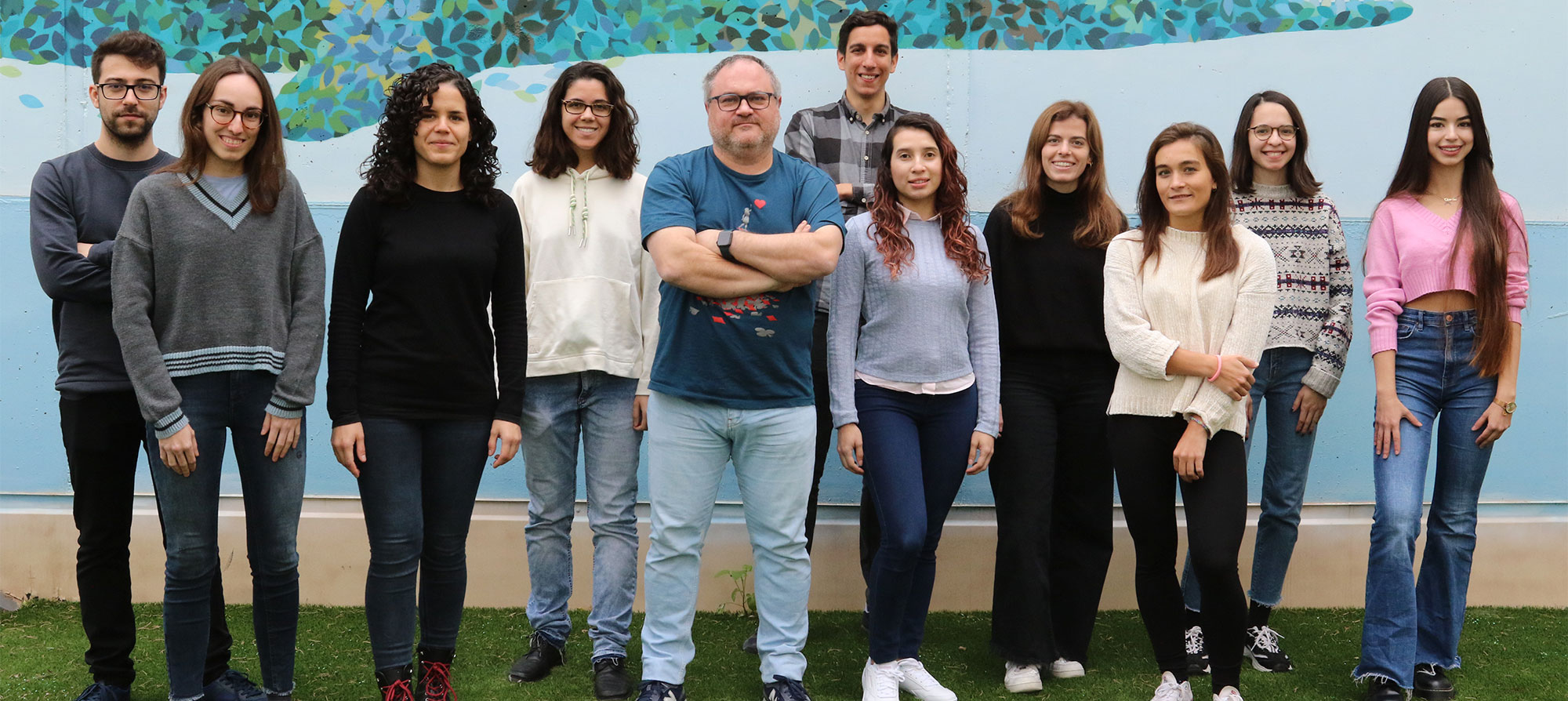
 ibecbarcelona.eu
ibecbarcelona.eu